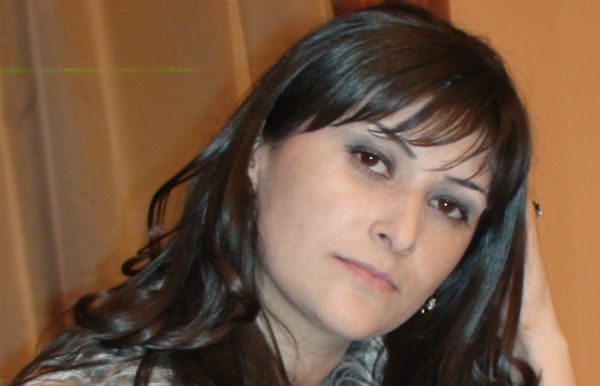
In Armenia, or rather, in Yerevan, despite the existence of more than a dozen press clubs, new ones are still being established. Hayeli, Henaran, Hayatsk, Armat, Azdak, Artsakh, Yntrutyun, Varkats, Urbat, Post Scriptum, Duplex, De Facto, Irates de Facto… these and several others which I didn’t recall are well known among most journalists, all of whom spend on average 1–1.5 hours a day in these clubs.
The range of people visiting these press clubs is not wide: a few tormented faces are called from this club to another. There have been incidents (true, they’ve been few, but there have been nonetheless) were the same person had a press conference in two clubs on the same day with only a one hour difference.
The topics discussed in press clubs are mainly the same: someone said something; a politician or sociologist or political analyst or psychologist, whose opinions on the same issue we’ve heard already several times, is called and the questions are repeated. And they respond by rote, and news agencies quickly jot down their remarks on the spot.
As a result, the entire day’s newsfeed is almost the same. A few dozen mainly news sites give the same information, hardly differing from each other.
Even if one news agency has a lack of resources and, let’s assume, missed a press conference, it won’t breathe easy until it steals from another news agency.
By the way, this phenomenon has become widespread in the last few days. Lately, I have been frequently coming across the dissatisfaction of a reporter, editor or other staff person of this or that news agency on Facebook, that their article was “stolen” — they even publish names. Moreover, the “thieves” cross the line — apart from articles based on press conferences, they also steal exclusive stories without including a single link to the source on their page.
Foreign news agencies, including TV stations, that I’ve come across practically don’t include press conferences in their news reports. But Armenian TV stations in their news programs run mainly press conferences and similar events they’ve covered — who said what at which press conference, someone else said it this way somewhere else, and another expressed this opinion.
I am of the opinion that press clubs in Armenia, in Yerevan, greatly hinder the development of journalism here. The last editorial work of the day is to submit to coordinators a list of approximately three pages of events and a dilemma: to cover the field; that is, not to miss a single event.
In the outcome, reporters run breathlessly and the product is uniform and of poor quality. These same authors, instead of running from one club to another, would gladly visit, say, a family complaining about inflation and the current social conditions. The journalist would return, speak with an economist, a sociologist, a person with authority on the matter. At the end of the day, not only would there be a good quality story, but also in all likelihood the problem would be solved.
But currently the field is swamped. The speaker gets out of one place and runs to another press club — and the journalist, after him. And one more thing: if in other sectors, competition leads to an increase in quality, in the field of journalism, it seems, competition has the opposite effect — a majority of news agencies are engaged in searching for cheap thrills, in order to attract an audience.
Lala Ter-Ghazaryan
Journalist
School: Taperakan village secondary school in Ararat marz (province)
University: Yerevan State University, Faculty of Journalism
Favorite book: Gabriel Garcia Marquez’ 100 Years of Solitude
Favorite film: We, Our Mountains (Armenian film also known as “We are Our Mountains”)
Favorite music: classical with guitar accompaniment
Favorite sport: basketball, football (soccer)
Favorite expression: “Perhaps this is what’s good”
The views expressed in the column are those of the author's and do not necessarily reflect the views of Media.am.

Add new comment
Comments by Media.am readers become public after moderation. We urge our readers not to leave anonymous comments. It’s always nice to know with whom one is speaking.
We do not publish comments that contain profanities, non-normative lexicon, personal attacks or threats. We do not publish comments that spread hate.